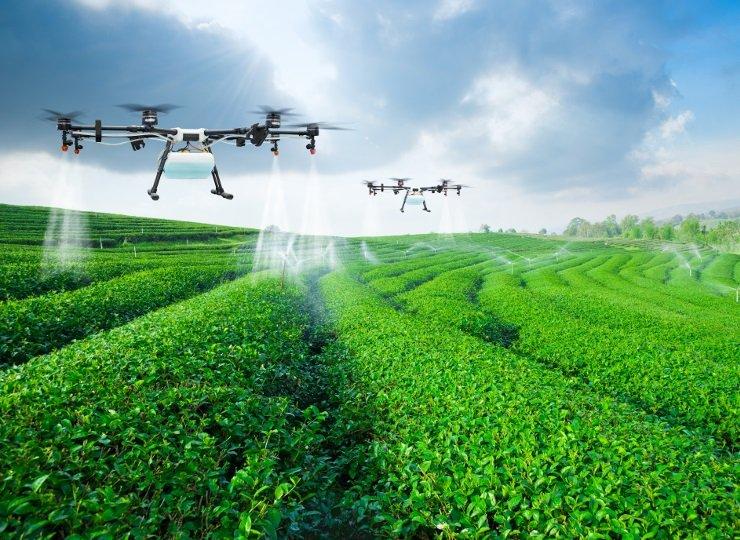Deconstructing the Competitive Digital Agriculture Market Share

The competitive landscape of the Digital Agriculture Market Share is a complex and dynamic ecosystem, populated by a diverse array of players ranging from the world's largest agricultural corporations to nimble and innovative AgTech startups. A significant portion of the market share is commanded by the established, traditional agricultural input and machinery giants. Companies like John Deere, CNH Industrial, and AGCO have leveraged their dominant positions in the farm equipment market to become major players in digital agriculture. Their strategy involves embedding a sophisticated suite of sensors, GPS guidance, and telematics systems directly into their tractors, combines, and sprayers, and then bundling this hardware with their own proprietary farm management software platforms (like the John Deere Operations Center). Their market share is built on their immense brand trust, vast dealer networks that provide sales and support, and their deep, long-standing relationships with farmers. By creating a tightly integrated ecosystem of hardware and software, they are able to capture a large and loyal customer base.
In parallel to the machinery giants, the world's leading agricultural science and input companies, such as Bayer (with its Climate FieldView platform) and Corteva Agriscience, have also secured a substantial share of the market. Their strategy is rooted in their deep expertise in agronomy, seed genetics, and crop protection. They have developed powerful digital platforms that ingest data from various sources (satellites, drones, in-field sensors) and combine it with their proprietary agronomic models to provide farmers with highly specific, field-level recommendations on what seeds to plant, when to apply fertilizer, and how to manage pests and diseases. Their market share is driven by their ability to provide data-driven insights that directly translate into higher yields and a better return on investment for the farmer. By positioning their digital platforms as a tool to optimize the performance of their core seed and chemical products, they have successfully captured a significant and strategic segment of the market.
While the established giants hold a strong position, the most vibrant and innovative segment of the market share is being captured by a massive and rapidly growing ecosystem of venture-backed AgTech startups. This is where the majority of the disruptive innovation is happening. These agile companies are laser-focused on solving specific problems across the agricultural value chain. For example, some startups specialize in developing advanced IoT sensors for soil and water monitoring. Others focus on using AI and computer vision to analyze drone and satellite imagery for early disease detection. A growing number are focused on building autonomous farming robots for tasks like weeding and harvesting. These startups are winning market share by being more nimble, more specialized, and often more cost-effective than the larger players. They are challenging the "closed ecosystem" approach of the big corporations by building open, API-first platforms that can integrate with a wide range of hardware and software. The future of the market share will likely be a dynamic interplay between the large, integrated platforms of the incumbents and the best-of-breed point solutions offered by these innovative startups.
- Creative Multimedia
- Education & Innovation
- Business & Technology
- Sustainability & Ethics
- App & IT Development
- Community & Culture
- Thought Leadership
- Event
- AI & Robotics
- Crafts
- Anasayfa
- Fitness
- Free Pecks
- Oyunlar
- Tutorials
- Health
- Music
- Networking
- Other
- Business
- Religion
- Shops
- Sports
- Wellbeing



